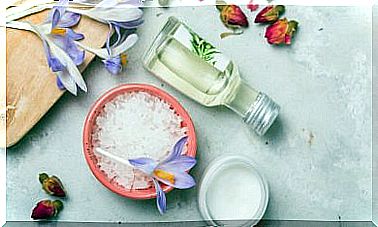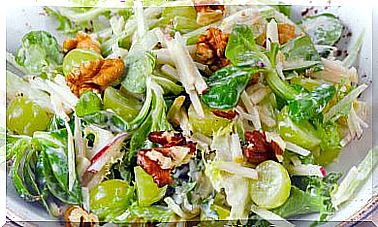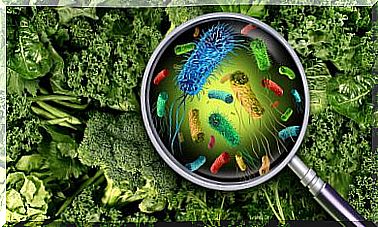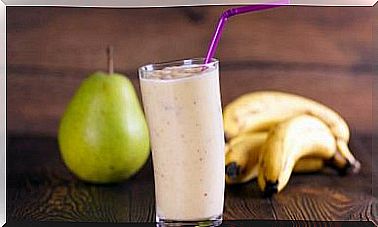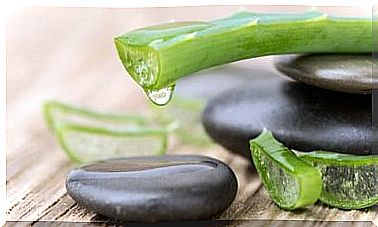Tips To Avoid Fluid Retention
Diuretic infusions are one of the options to help eliminate excess fluid in our body. They help us eliminate toxins and also reduce that characteristic swelling.

Edema, commonly known as fluid retention, is an excessive accumulation of fluids in the tissues. Its causes are varied and it usually occurs in the feet, ankles or legs. Next, we tell you more about this condition and some tips to avoid fluid retention.
Why do we suffer from fluid retention?
There are several causes of fluid retention, for example:
- Hypertension
- Heart disease
- Bad diet habits
- Overweight
- Eat a lot of salt
- Hormonal changes
- Menopause
- Stress
- Circulatory problems
- Little water consumption
When the body detects that there is a low level of fluids, it activates a defense mechanism that retains the existing water. It is as if we had a floodgate that closes to prevent a region from flooding.
It is necessary to know that the body needs fluids in order to carry out its vital functions. Therefore, it is essential to offer water from the outside.
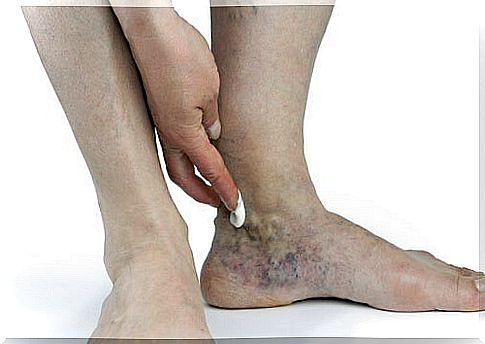
When there is fluid retention, it is likely that something more serious is hiding behind it that you have to pay attention to. Do not hesitate to consult a doctor and try to cut with unhealthy habits.
Tips to avoid fluid retention
As a first step, you need to know what are the reasons why you are suffering from fluid retention and in what areas of the body. In most cases, we notice this condition in:
- Hands
- Legs
- Ankles
- Feet
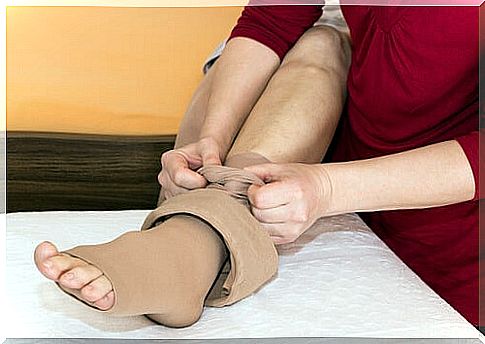
In order to avoid this problem, which is not only a matter of aesthetics but, above all, of health, it is necessary to lead a healthier life.
Here are some tips:
1. Increase your intake of foods that contain water
Include in your diet vegetables and fruits, such as orange, apple, pear, peach or blueberries that are rich in vitamins and antioxidants.
2. Perform physical activities that help you improve circulation
To promote blood flow in the lower extremities, you can practice sports, such as riding a bicycle, or simply dancing or walking.
3. Adequate hydration
It is known that hydration is essential for our body to function properly, it cleanses the body, eliminates toxins and helps prevent fluid retention.
4. Reduce your salt intake
If it costs you a lot, you can choose to season with sea salt or Himalayan salt (pink salt). It is also advisable to use aromatic herbs, lemon juice and vinegar to replace the salt.
You can eat less and less salt and not bring the salt shaker to the table to avoid temptation.
5. Do not consume processed foods
Also avoid those that are already prepared because they usually have a lot of hidden salt among their ingredients. For example, breaded meat, cold cuts, and junk food.
6. Add a good amount of protein to your daily diet
Do not forget that, if these nutrients are lacking in your body, the production of albumin is automatically reduced and fluids accumulate between the tissues. Proteins found in white meats, such as turkey and chicken breast, are recommended.
7. Rest between 7 and 8 hours a day
Try to take breaks when you can during the day and try not to hold the same position for many hours. Whether you work standing or sitting, change your posture as many times as you can. However, it is best to always sleep between 7 and 8 hours at night.
Rest and rest are essential to prevent fluid retention when it is located in the legs, ankles, or feet.
8. Consume herbal teas that are diuretic
There are several spices with this property that can be very useful if you do not like to drink water much (or you are not used to it). Through natural tea you will provide fluids to your body without getting bored.
9. Do not wear clothing that is too tight
Especially if you spend many hours with your legs down. If you are going to travel by plane, for example, you can choose some special rest socks. Or maybe you should also wear them on a day-to-day basis as they help the ankles to relax a bit.
10. Avoid consuming refined foods such as flour and white sugar
This also applies to cola drinks and coffee, since c ontribute to fluid retention in tissues. It is recommended to replace these foods with wholemeal or oatmeal flours and with brown sugar or some sweetener.
11. Follow a balanced diet
Try to always consume fresh seasonal products (fruits and vegetables). Including five servings per day. Also add low sodium carbohydrates (potatoes, oats, soy) and animal or vegetable proteins.
These foods allow the liver to make a substance called albumin that prevents fluids from building up on cell membranes.
Plants that may help prevent fluid retention
Diuretic herbs can be very helpful in treating your problem. Surely you are wondering which are the most appropriate for fluid retention. Here are some of them:
Dandelion
It contains some benefits for this condition. It is advisable to drink an infusion of this plant before dinner. It also helps to eliminate toxins and to perform digestion to dispose of excess liquid.
Horse tail
Another plant that helps prevent fluid retention. It helps to excrete them through the urine, reduce swelling, facilitate the elimination of fats and toxins, eliminate cellulite and also as a laxative. It is recommended to drink up to 2 cups per day.
Green Tea
The properties of green tea and its health benefits are known in different cultures. It is a diuretic, helps to accelerate the body and promotes the elimination of toxins. In addition, it is widely used in weight loss diets.
To avoid fluid retention, in addition to a change in eating habits, you should practice physical exercise regularly, avoid a sedentary lifestyle and try to keep your legs elevated for periods of 20 to 30 minutes before sleeping.
In case of suspected fluid retention in the body, it is recommended to first consult with your family doctor or a specialist.
